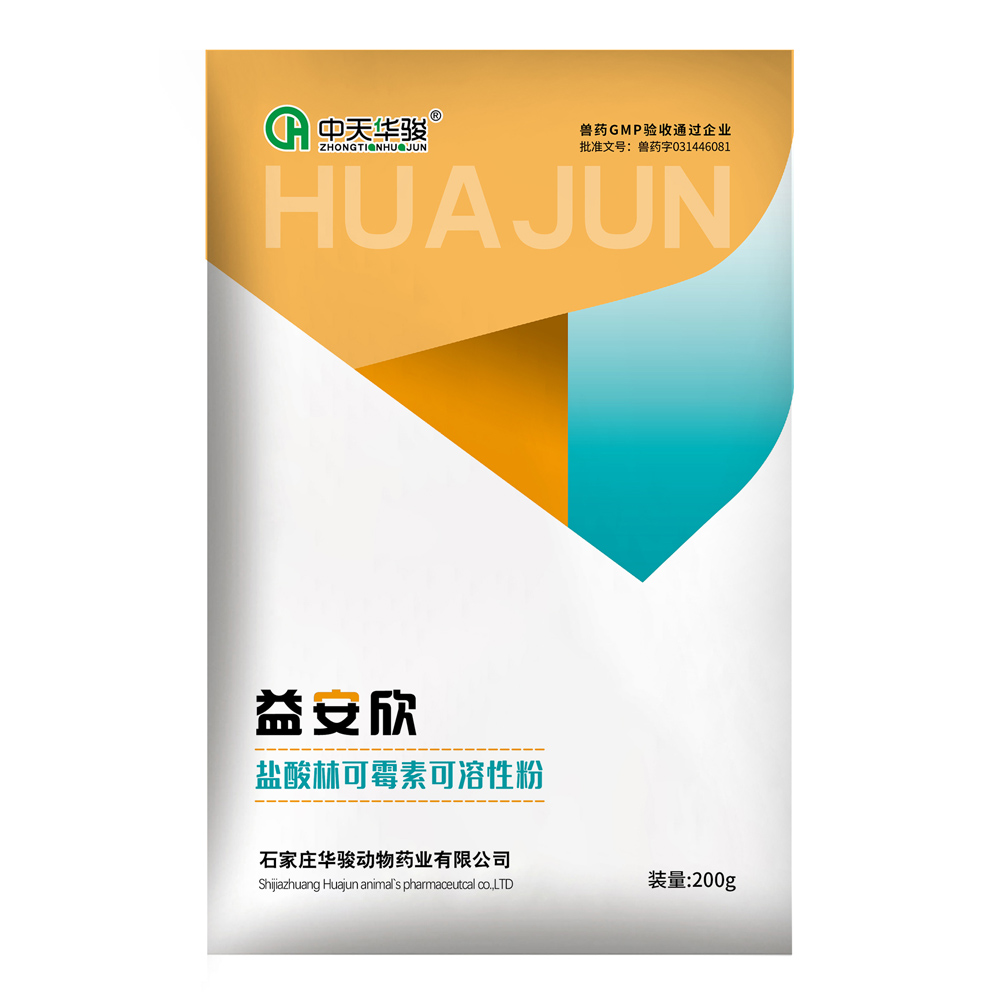
டிசம்பர் . 03, 2024 23:48 Back to list
Understanding Coccidiosis in Chickens and Its Impact on Poultry Farming
Coccidiosis in Chickens Understanding the Disease and Its Management
Coccidiosis is a significant disease affecting poultry, particularly chickens. It is caused by protozoan parasites of the genus Eimeria, which invade the intestinal tract and disrupt normal digestive functions. This condition is especially prevalent in concentrated farming operations where chickens are raised in close confinement. Understanding the causes, symptoms, prevention, and treatment of coccidiosis is essential for any chicken producer.
Causes of Coccidiosis
Coccidiosis outbreaks typically occur in conditions where stress is high, sanitation is poor, and birds are densely populated. The life cycle of Eimeria involves the ingestion of oocysts, which are resilient spores that can survive in the environment for long periods. Once ingested, these spores hatch in the intestine, where the parasites multiply and cause damage to the intestinal lining. This damage impairs nutrient absorption and can lead to severe health issues.
Chickens of different ages can be affected, but young birds are particularly susceptible. Environmental factors such as wet litter and overcrowding increase the risk of coccidiosis outbreaks.
Symptoms of Coccidiosis
Identifying coccidiosis early can mitigate losses. Common symptoms include
1. Diarrhea Often bloody, with a foul odor. This occurs due to intestinal damage and can lead to dehydration. 2. Weight Loss Affected chickens may exhibit stunted growth and decreased feed conversion efficiency, resulting in lower overall weight gain. 3. Reduced Egg Production In laying hens, coccidiosis can lead to lower egg output and poor egg quality as the health of the bird declines. 4. Lethargy Infected chickens may appear less active, isolating themselves from the flock and showing signs of weakness.
Diagnosis and Treatment
Diagnosing coccidiosis typically involves observing clinical signs, conducting post-mortem examinations, or laboratory testing of fecal samples to identify oocysts
. Given the serious implications of the disease, immediate action is crucial.The treatment for coccidiosis usually involves the use of anticoccidial medications, which can be administered via feed or water. Commonly used drugs include amprolium, sulfonamides, and ionophores, which help in controlling the development of the parasites. However, it’s essential to adhere to the guidelines provided by veterinarians to avoid drug resistance.
chicken diseases coccidiosis factory

In severe cases, supportive care is vital, including ensuring that infected chickens have access to clean water and high-quality feed to help in their recovery.
Prevention of Coccidiosis
The best approach to managing coccidiosis is prevention. Here are some strategies to consider
1. Good Management Practices Maintain clean housing for chickens. Regular cleaning and disinfection of the coop and surrounding areas can significantly reduce the likelihood of oocyst build-up. Providing adequate space for each bird and implementing proper stocking densities can help minimize stress.
2. Biosecurity Measures Preventing the introduction of new birds or contaminated equipment into an existing flock is crucial. Quarantine incoming birds and ensure they are healthy before adding them to the existing population.
3. Vaccination In some regions, vaccines are available to help chickens build immunity against certain strains of Eimeria. Consult with a veterinarian regarding the feasibility of vaccination in your operation.
4. Nutritional Support Providing a balanced diet rich in vitamins and minerals can bolster the immune system of chickens, making them more resilient to infections. Adding probiotics or prebiotics may also support gastrointestinal health.
5. Monitoring Regular health checks and monitoring of flock behavior and health can help detect early signs of coccidiosis and other diseases.
Conclusion
Coccidiosis poses a significant threat to chicken health and productivity. By understanding the causes, symptoms, and effective management strategies, poultry producers can minimize its impact. Implementing good management practices, maintaining strict biosecurity measures, and seeking veterinary guidance for treatment and prevention will help ensure the overall health of the flock and contribute to a thriving poultry operation.
-
Top Hemoglobinuria Manufacturer & Supplier Reliable Hemoglobinuria Factory Solutions
NewsJun.24,2025
-
Premium Honeysuckle Products - Leading Honeysuckle Manufacturer & Supplier Factory
NewsJun.10,2025
-
Pulmonary Edema Solutions from Leading Manufacturer & Supplier Reliable Factory Price
NewsJun.10,2025
-
Red Eyes - Leading Red Eyes Manufacturer & Supplier, Premium Quality Factory Price
NewsJun.10,2025
-
Broiler Ascites Syndrome Solutions Top Manufacturers
NewsJun.10,2025
-
Premium Amoxicillin Suppliers Reliable Biomox Mexican Factories
NewsJun.10,2025




